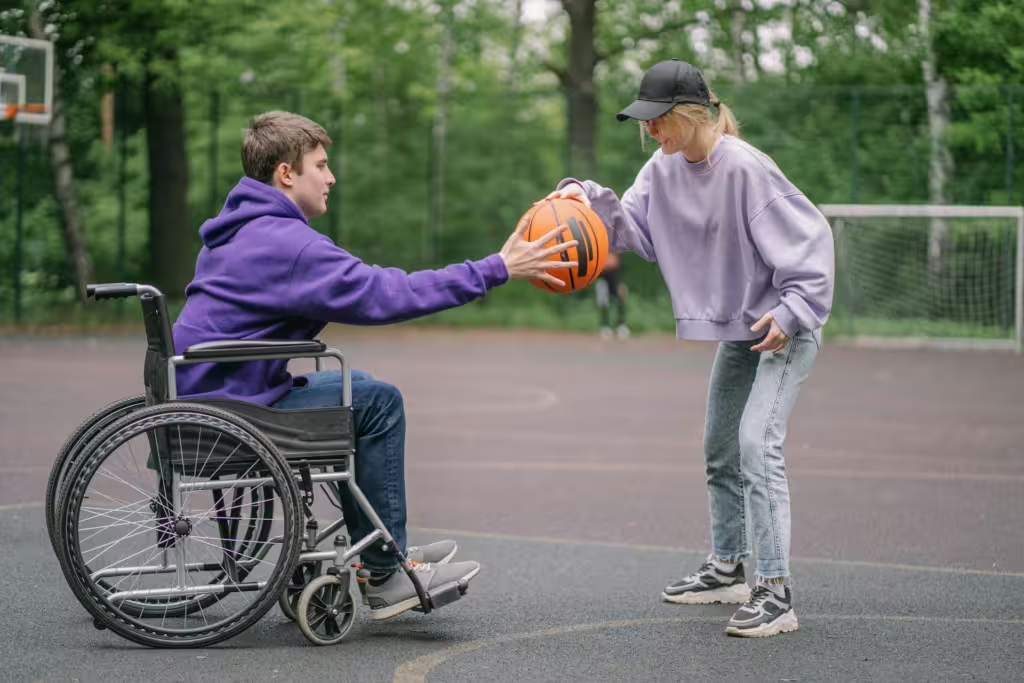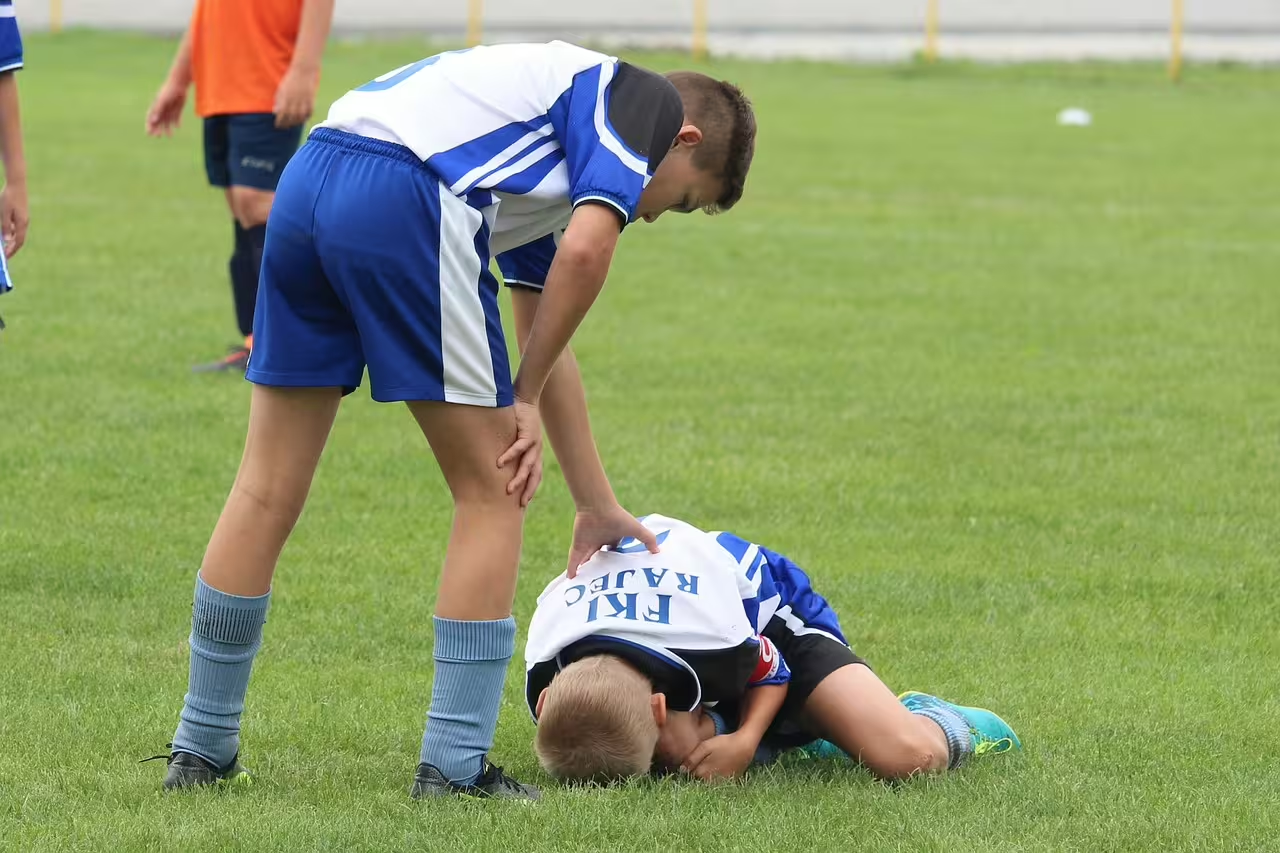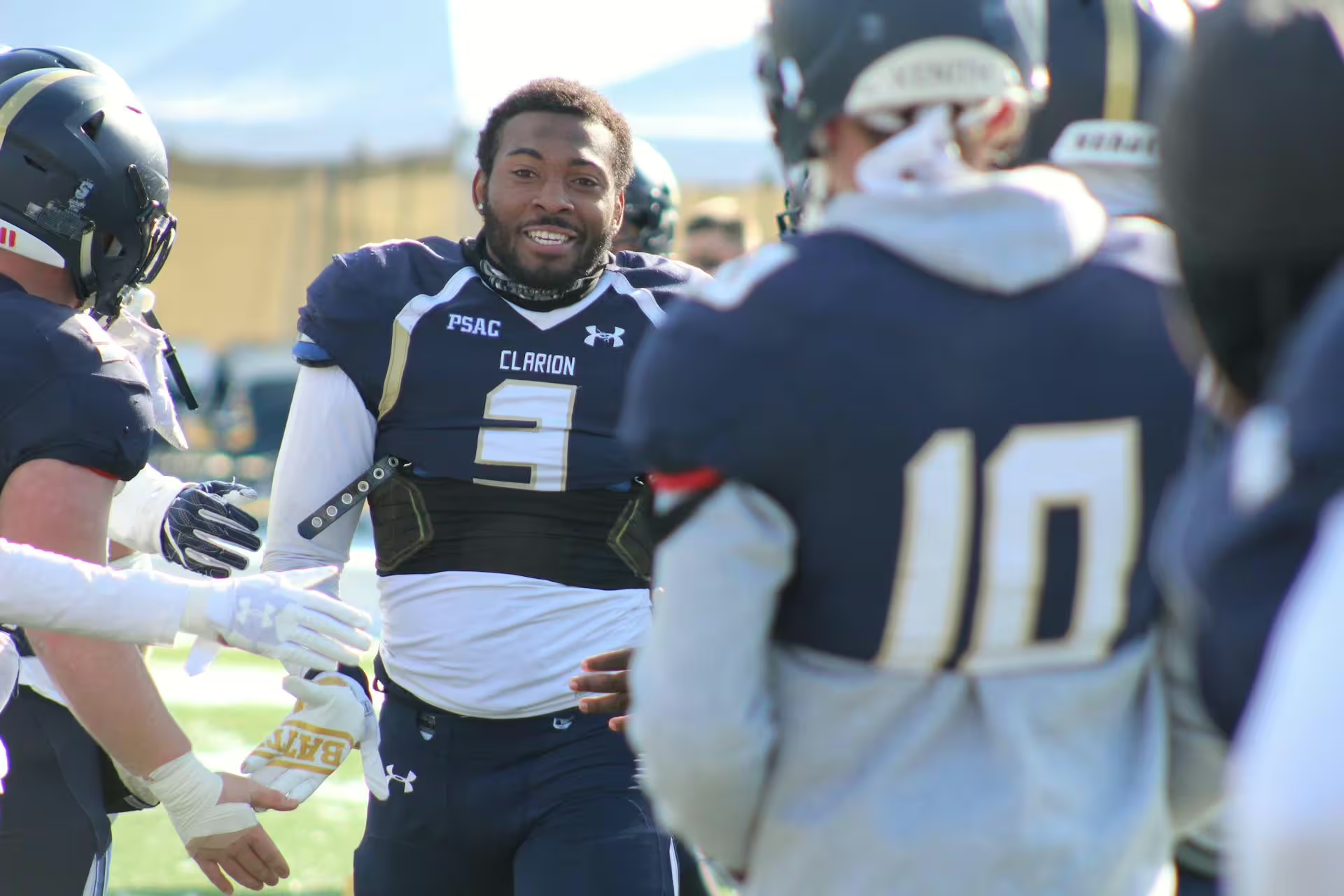If your child wants to play sports but possesses disabilities that make such activities challenging, if not downright impossible, than you may be struggling with several things at the moment. First, you are likely frustrated that your child will be denied certain opportunities simply because of their disability, and second, you are probably wracking your brain for ways to circumvent these challenges. The good news is, you’re not alone in these struggles. In fact, finding others who may be in the same position as you might be the key to discovering new avenues and opportunities for your child.
The other secret sauce to meeting these challenges head on lies in adaptive sports; youth sports programs that offer children with disabilities the chance to engage in physical activities that are specifically tailored to their needs, These programs provide children with myriad opportunities for physical fitness, social interaction, and personal growth. In many ways, the mere existence of these programs proves that parents, and advocates are willing to work together to give children with disabilities access to the same opportunities as any other child.
As parents ourselves, we understand why it is so important that our children have access to youth sports. We know that those who need adaptive sports programs will gain invaluable experience. Moreover, the sports experience will help to foster their self confidence, teach them resilience, and improve their overall well-being. Besides all that though, beyond the physical and emotional advantages, the most powerful benefit of enrolling a child in adaptive sports lies in the ability for that child to build a strong support network; not only on their part but on the part of the parents as well.
In this article, we will explore the important role that community plays when it comes to adaptive sports. We will teach parents how to make friends and form meaningful connections with likeminded individuals, while providing sound strategies that will help them to develop a valuable support system amongst their parental peers.
The Importance of Support in Adaptive Sports
Raising a child with a disability can be quite a journey. Life is never easy, but those who possess physical or mental disabilities will often face unique challenges and rewards that many parents never even envisioned. For many parents, a support network is a crucial lifeline, not only for navigating the many challenges they and their children are bound to face, but to find kindred spirits to help them along. Having parents, coaches, friends, and advocates around to offer guidance, encouragement, and a sense of belonging is absolutely essential.
Adaptive sports, like most sports, naturally foster connections among children, parents, coaches, and advocates. The result is a environment where families can share experiences, advice, and support one another emotionally, whether those emotions are positive or negative.
At the same time, having a strong support system helps children develop self-esteem, cope with setbacks, and form friendships with their peers; peers who can truly understand what they might be going through. For parents, these connections provide a sense of community, can reduce feelings of isolation, and introduce them to resources that might just make their child’s sports journey a little easier on everyone involved.
Ways Adaptive Sports Build a Support Network
Connecting With Other Parents
Adaptive sports provide a space where parents can meet and bond with others parents facing similar challenges. Whether through casual sideline conversations, organized meetings, or fun, social events, these interactions help foster valuable and often unexpected friendships among individuals. Moreover, they can help parents bond over a shared sense of understanding. It’s true, many parents find comfort in discussing strategies with those who have less experience, others like sharing advice or coping mechanisms, and nearly all of them find joy in celebrating their children’s achievements with those who truly understand the difficult journey they are all on together.
Building Peer Relationships for Your Child
Sports teams are a great way for children from all walks of life to build friendships with those who may not have had the same life experiences as them. This opportunity often allows kids to bond over their shared sports experience, however. In the same way, kids with special needs or disabilities can develop meaningful friendships, learn the value teamwork, and build a mutual respect for one another.
As commonplace as all this sounds at face value, parents should not discount how important these relationships can be be for children with special needs. Such interactions can prove to be incredibly meaningful, helping children feel accepted and supported by their peers, even if they have different struggles. There is a certain camaraderie built into sports, in general and oftentimes, the friendships built by children playing adaptive sports extends well beyond the boundaries of the sport itself. In the same way that parents can form mutual, meaningful friendships with others like themselves, the bonds formed on the sports field can result in lasting friendships, as well as a network of support that benefits both children and their families.
Gaining Support From Coaches and Mentors
While we don’t always agree with their calls during games or their methodology during practice, the fact is, adaptive sports coaches play kind of a crucial role in a child’s development. Not only are these dedicated individuals trained to handle a whole host of disabilities, they can provide children with a degree of mentorship, motivation, and advocacy that many parents cannot equal; at least not from the start, anyway. Remember, coaches understand the unique needs of children in adaptive sports. This is their job and they use that expertise to help create an inclusive and encouraging atmosphere. Many coaches also serve as valuable resources for parents who may not have a lot of experience in youth sports up until this point. Coaches can offer guidance on training and equipment that is specific to each adaptive sport they coach.
Engaging With Support Organizations
Some parents might feel overwhelmed when trying to find the right adaptive sport for their child, but don’t be discouraged. Try to remember that many of the biggest adaptive sports programs are connected to national or local organizations. Groups such as the Paralympic movement, Special Olympics, and various local disability sports organizations offer resources and support for families, as well as providing communities where families can find additional assistance. Often, these groups even provide vital funding for equipment to educational materials that young athletes need. They also tend to head or sit on important advocacy groups, lending their efforts to help further the influence and understanding of adaptive sports.
Strengthening Family Bonds
The family that plays together, stays together; or some other such platitude, feels apt here. Silly as it might sound, participating in adaptive sports together can strengthen familial relationships. Whether cheering them on from the bleachers, assisting in your child’s training sessions, or volunteering to help at games and events, parents who actively engage in adaptive sports help further the cause in a lot of ways.
Siblings can get in on the fun too and together, these activities can create shared experiences that bring young athletes and their families that much closer. Speaking of siblings, those that witness or participate in the adaptive sports journey may even develop a deeper appreciation for their brother or sister’s abilities and determination. This can foster a stronger family unit, one that is built on mutual respect and encouragement.
How Parents Can Foster a Supportive Community
Be Proactive in Engaging With Other Families
Parents have to be the ones to take the initiative to introduce themselves to other parents at games and practices. We know some of you are shy or unsure, but remember, small conversations often lead to meaningful connections. Parents who are interested in beginning this journey can start by joining online forums, social media groups, or email lists associated with their child’s sports program. This will allow them to stay connected and informed along with the other parents.
Volunteer and Get Involved
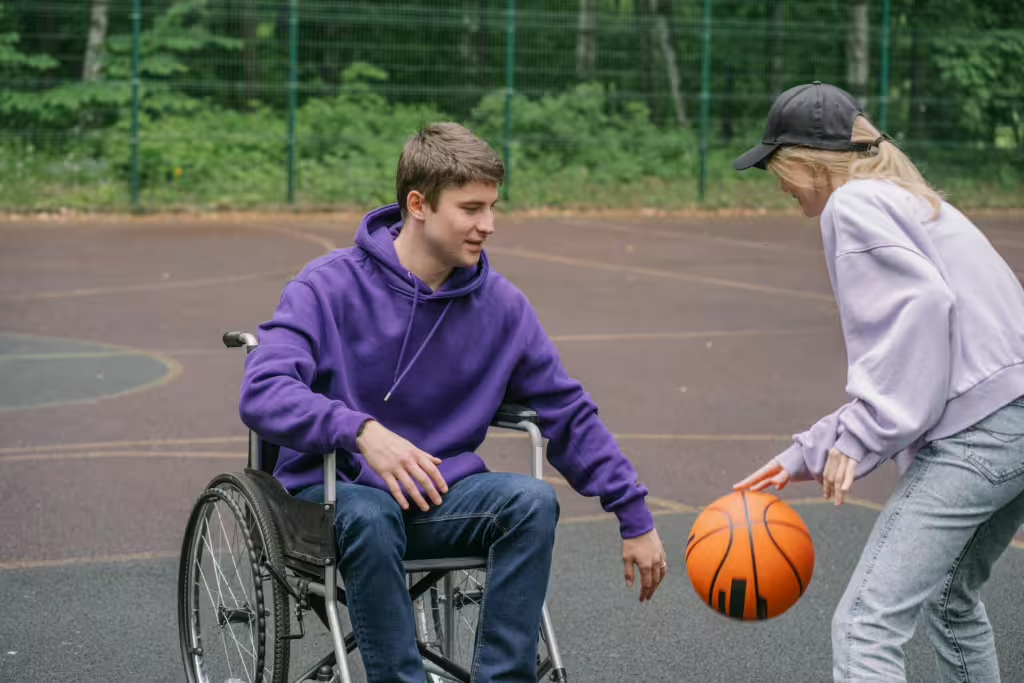
Many adaptive sports programs rely on parent volunteers, so it’s time to roll up your sleeves. Bear in mind that. by getting involved in organizing events, coaching, or fundraising efforts, you can ingratiate yourself into the community. Heck, do enough for the cause or for the team, and you might just become an integral part of that community! Remember, your involvement not only supports your child’s team but also helps build relationships with other parents and coaches.
Encourage Social Activities Beyond Sports
Helping your child and their teammates connect outside of practice is a great way to strengthen friendships and create a broader support network. Parents can facilitate this by organizing playdates, birthday parties, or team outings; doing so fosters deeper relationships and makes all children feel more included.
Advocate for Inclusion and Accessibility
Parents of children with disabilities or special needs need to also be advocates of those children. We’re not saying you need to stand out on street corners waving signs, but as a parent, advocating for better access, equipment, and opportunities for adaptive sports can make a big difference to your child’s overall experience. By working with schools, community centers, and local governments, parents can help create more inclusive sports environments and bring awareness to the needs of children with disabilities all over the world.
Seek Out Mentorship and Role Models
Connecting with others can lead to friendship and mentorship among parents. By making connections, parents can encounter more experienced parents, adult athletes with disabilities, or mentors that are active in the adaptive sports community. These people can provide inspiration and guidance, teaching valuable insights and offering encouragement to those who have not yet had the chance to navigate the youth sports world they way they have.
Overcoming Challenges in Building a Support Network
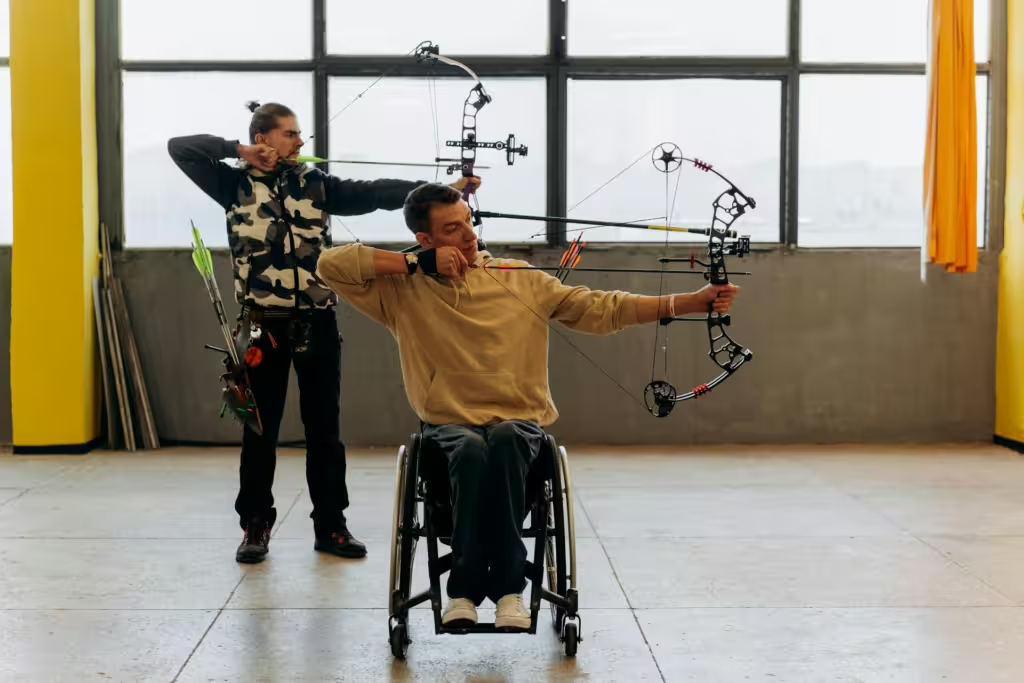
Breaking Through Initial Hesitations
Some parents may feel hesitant about reaching out or becoming involved in adaptive sports communities, but they needn’t be. It’s important that adults remember that every parent in these groups has faced similar emotions and uncertainties in their time. Taking small steps—such as attending a meeting, joining a group chat, or simply starting a conversation with another parent—can help overcome even the most debilitating of initial reservations.
Finding the Right Sport and Program
Try to remember that not all adaptive sports programs are the right fit for every kid. It may take some time to find the right activity and the right community for your child’s special needs. At the same time, not every adaptive sport will necessarily aligns with your child’s interests and abilities. Whatever the case, don’t be discouraged by initial setbacks—explore different options and seek recommendations from other parents or organizations.
Navigating Financial Barriers
Many parents might be concerned with the cost of equipment and participation fees; and for good reason. Fortunately, many organizations offer financial assistance, grants, and equipment loan programs for families that are struggling but who have interest in enrolling their children in youth sports. Try reaching out to support organizations or local community programs to ask about financial assistance programs.
Conclusion
As you can see, adaptive sports offer children and parents so much more than mere physical activity; these sports create a powerful platform for children and parents to build lasting relationships with those like themselves. Kids gain encouragement, physical prowess, life experience, and can end up becoming part of a larger community of likeminded individuals.
At the same time, parents who actively engage with adaptive sports alongside their children can develop a strong support network of their own. By finding adults to converse with, cry with, or brainstorm ideas with, parents can find therapeutic benefits that run parallel to the benefits their child gleans from playing adaptive sports. Parents who enter this journey willingly will likely see real growth in their child’s behavior and skill. Whether through friendships, mentorship, advocacy, or simply sharing in the joys and challenges of the sports experience, the connections that parents and their children form in adaptive sports have the positive potential to last a lifetime.
For parents who are just staring out, don’t worry, it gets easier. Try to remember that every small step counts. each time that you and your child take a step forward, you are working together to reach something to make both of your lives better. When in doubt, just reach out! Get yourselves involved in local adaptive sports programs and embrace the incredible network of support that adaptive sports have to offer.
Discover more from CulturedAthlete
Subscribe to get the latest posts sent to your email.

